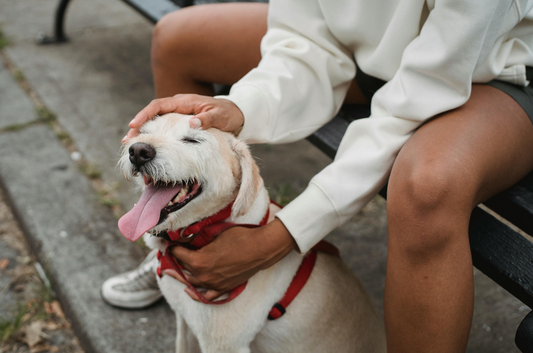Understanding Your Puppy's Vaccination Schedule: A Comprehensive Guide
Bringing a new puppy home comes with a lot of joy and responsibility, one of which is ensuring they receive proper vaccinations. Vaccinations are crucial for protecting your puppy from various infectious diseases, some of which can be fatal. Knowing when your puppy is due for vaccinations is essential for their health and well-being. Here's what you need to know about scheduling these important shots.
Initial Vaccinations
Puppies receive immunity from their mother's milk, but this protection begins to fade as they grow. To build their own immunity, puppies need a series of vaccinations starting from a young age. Typically, the initial vaccination series starts when a puppy is around 6 to 8 weeks old.
Core Vaccinations
Core vaccinations are recommended for all puppies regardless of their geographical location or lifestyle. These include:
- Canine Parvovirus: A highly contagious and potentially deadly disease characterized by diarrhea, vomiting, and fever.
- Canine Distemper: A viral disease that affects the respiratory, gastrointestinal, and central nervous systems.
- Hepatitis (Adenovirus): Affects the liver, kidneys, spleen, and lungs.
- Rabies: A fatal viral disease that affects the central nervous system; vaccination is required by law in many places.
The typical schedule for these vaccines is at 6-8 weeks, 10-12 weeks, and 14-16 weeks of age, with rabies usually given at around 12-16 weeks but can vary depending on local laws.
Non-Core Vaccinations
Non-core vaccinations are given based on your puppy’s lifestyle, environment, and risk of exposure to specific diseases. These can include:
- Bordetella Bronchiseptica (Kennel Cough)
- Leptospirosis
- Canine Influenza
- Lyme Disease
Discuss with your veterinarian to determine which non-core vaccines are appropriate for your puppy.
Annual Boosters
After the initial series, dogs need regular booster shots to maintain their immunity. The frequency of these boosters can vary based on the vaccine, your dog's health, lifestyle, and the recommendations of your veterinarian.
Keeping Track
It's vital to keep a record of your puppy's vaccinations and schedule appointments for boosters as needed. Many veterinarians will send reminders when it's time for a booster shot, but it's a good idea to mark your calendar as a backup.
Importance of Vaccinations
Vaccinations protect not only your puppy but also other dogs they come into contact with, as well as safeguarding public health against the spread of rabies. While side effects from vaccines are rare, they can occur, so discuss any concerns with your veterinarian.
Conclusion
Vaccinations are a critical part of your puppy’s early life and ongoing health care. By adhering to a recommended vaccination schedule, you can protect your puppy from many common infectious diseases and ensure they lead a long, healthy life.







